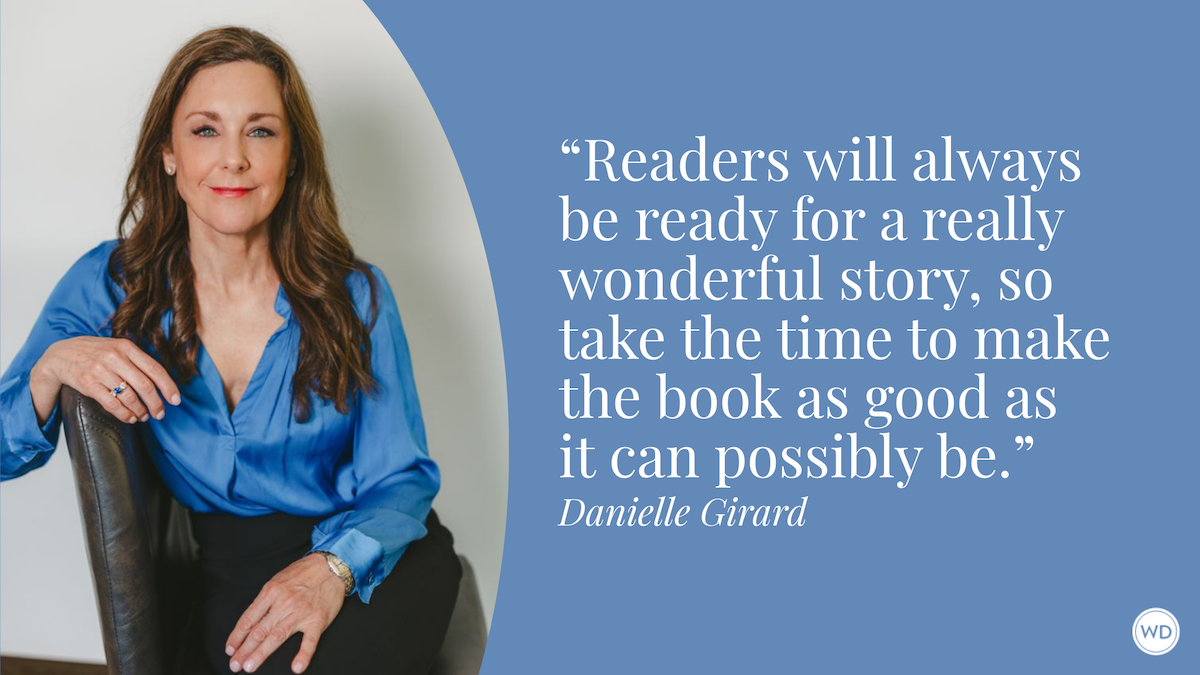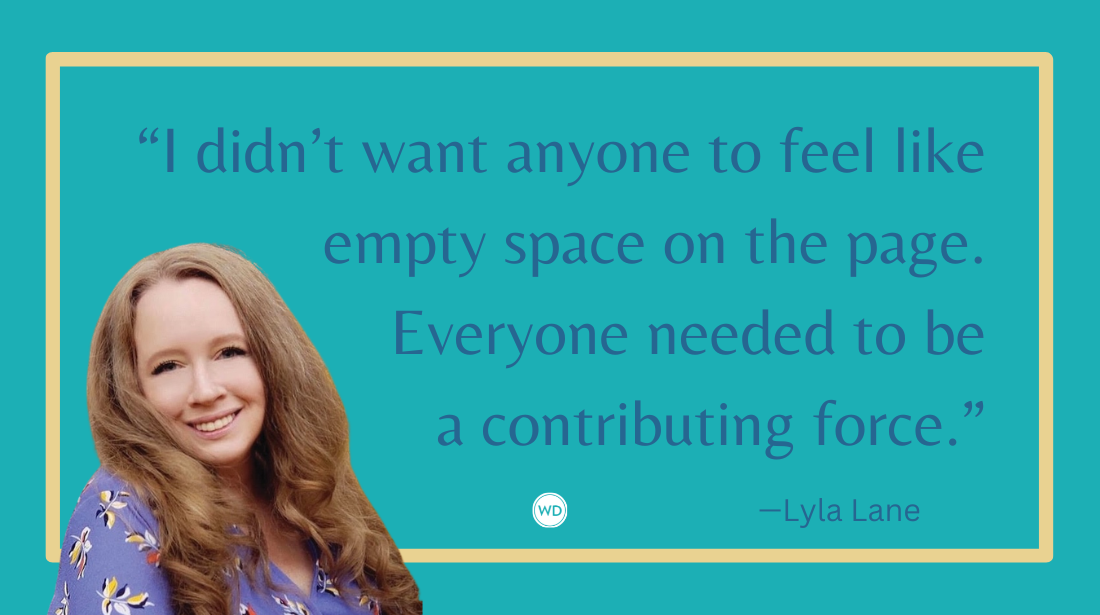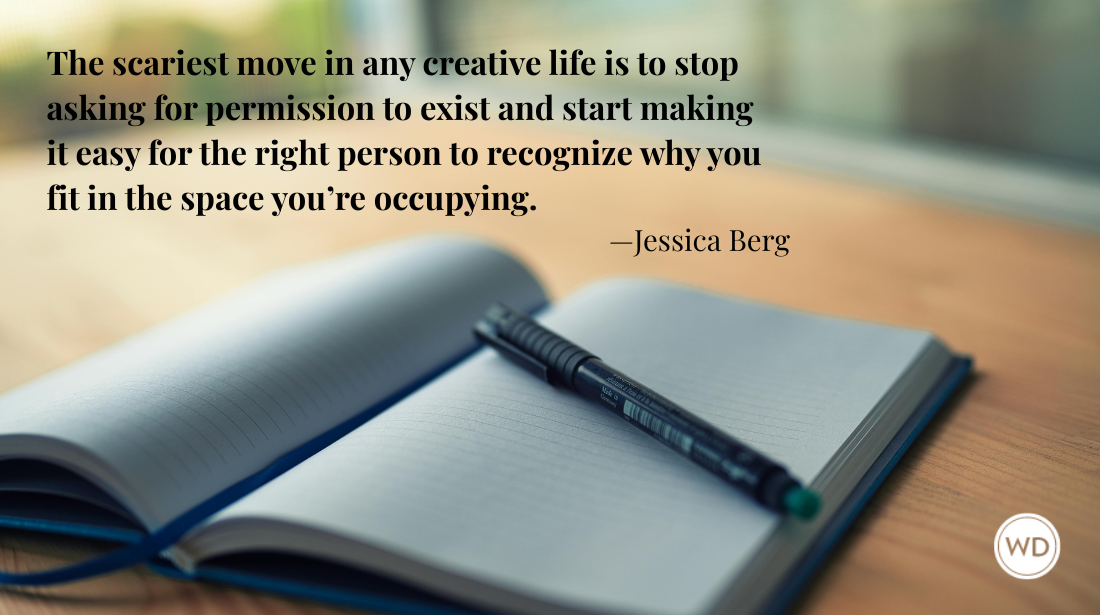How Not To Overthink Your Story
Award-winning author Nicholas Fillmore on the creative process, overthinking our stories, and the dangers of artistic pursuits.
Not all intuitive works of art are successful, but all successful works of art are intuitive.
(Feeling Seen in Fiction: The Connection Between Readers, Writers, and Getting Lost in a Good Story)
What I mean by “intuitive” is reliance on inner guidance—elsewhere called the unconscious, which should not be confused with haphazard, capricious, or arbitrary functions, for the unconscious process is rigorous and to avail oneself of its genius requires another kind of rigor.
One must trust the process implicitly to get anything out of it; not tack back against the winds of inspiration, but to follow at close haul.
The dangers are apparent, not least of which is looking wrong or foolish. The writer must be willing to look foolish. Nor is his object to be right or to arrive at some objective truth, which is often the least authentic gesture a work of art can make.
What then is the goal of good writing? I would say, without wishing to appear clever, that there is no goal. The writing itself is the thing. (I think I first felt this freshman year in college. Banging away on my Smith Corona late at night on a term paper after everyone else had abandoned campus for Christmas break, I felt a union of physical and intellectual energies akin to horse and rider.)
But just feeling good is not the object either, though definitely a clue one is in the possession of certain forces. The trick … the trick is recognizing the forces as friendly forces; as forces that are rightly one’s own [responsibility].
They practically force themselves upon us … not in some veiled dream-language, but in startingly literal ways that we’re often oblivious to. (As a teacher of writing I’ve found this to be entirely the case. How many papers, expository and creative, seemed to point in some promising direction only to veer back toward safe harbor; accompanied at each swerve by some conscious admission, some excuse, that the task was too difficult, too obscure, etc.)
Of course, there are a multitude of voices that drown out the unconscious: Received opinions. Beliefs. Influences of all sorts. Our own expectations.
But if one is sufficiently steeped in one’s material, there is no mistaking that voice that speaks with the authority of the self. That voice fairly sings out of us. Of course, if one is not steeped in one’s material, one is rightly hesitant; one thinks too precisely on the event, to borrow from Hamlet.
Thinking is not what a writer does. A writer listens. To what exactly? To those products that arise out of the maelstrom of consciousness … and perhaps only then selects among them. Dangerous! For he has begun tinkering with that intelligence that sees into the deep patterns beneath things.
To name a recent example in my own work, a retelling of the Gospels, I began to question a scene that has Jesus doing chin-ups on a tree branch … despite relating few pages previous that Jesus unconsciously rehearsed his fate in daily acts of self-harm; despite the fact that the symbol of Jesus struggling upon the rood was, if anything, entirely on the nose…
Other things I haven’t quite unraveled yet, but insisted upon retaining over the objection of editors because I know that they function as part of the emotional, logical, and aesthetic pattern of the story. My use of anachronism really bugged a few readers. Jesus texting and hopping on a plane for the 21st C. struck them as discordant. But what’s so bad about a little discord? That discord may even function something like an altar boy ringing a bell during the consecration. Pay attention here, it says. Maybe.
In other places it just made me laugh. And laughter can’t just be manufactured. Anything that makes you laugh is worth keeping around.
In an interview, the great prose poet Russell Edson said “My job as a writer is mainly to edit the creative rush. The dream brain is the creative engine. … I sit down to write with a blank page and a blank mind. Wherever the organ of reality (the brain) wants to go I follow with the blue-pencil of consciousness.”
And, of course, Charlie Parker, in a somewhat more rigorous vein: “First you learn your axe, and then you learn your music, and then you forget all that shit and just blow.”
Because it’s too late to think about scales or enjambment or whatever it is that keeps the piece from really swinging.
Because when you consciously set out to do a thing, you usually achieve its exact opposite.
How to not overthink your story is to have thought about it so much that you no longer think about it anymore; you’ve entered into it.
Nicholas Fillmore is the author of The Gospel of Satan, a novella, and Smuggler, an IndieReader Discovery Award-winning memoir. Fillmore attended the graduate writing program at University of New Hampshire, was a finalist for the Juniper Prize in poetry and co-founded and published SQUiD magazine in Provincetown, MA. He is currently working on Sins of Our Fathers, a novel, and The Genteel Pleasures of Anonymity, new and selected poems.







